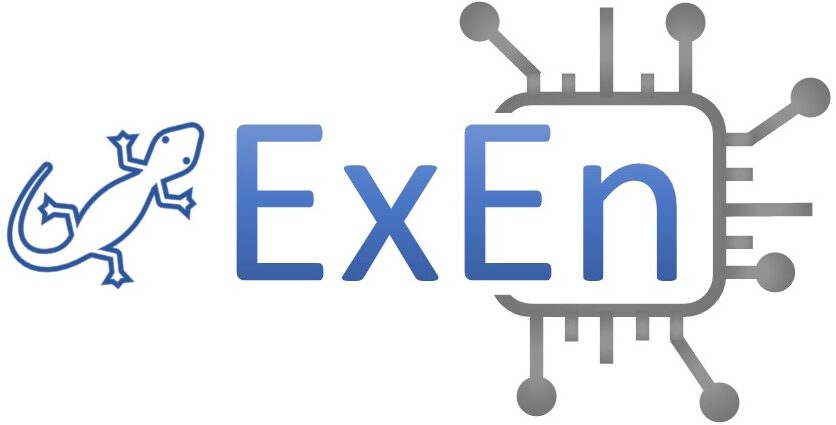RE4ES Workshop Organization

Organizing Committee
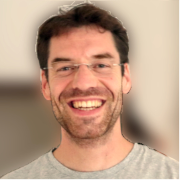
Wasja Brunotte
Leibniz University Hannover, Germany
Wasja Brunotte is a research associate and PhD student at the Software Engineering Group at Leibniz Universität Hannover, Germany. He holds a master’s degree in Computer Science from the Leibniz Universität Hannover, Germany. Currently, his research focuses on communication and knowledge management in requirements engineering as well as privacy and security aspects in software engineering, with a focus on usable privacy and security.
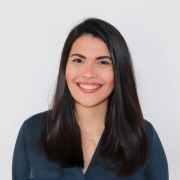
Larissa Chazette
Leibniz University Hannover, Gemany
Larissa Chazette is a research assistant and PhD student at the Software Engineering Group in the Leibniz University Hannover, Germany. She holds a master’s degree in Computer Science from the Federal University of Pará, Brazil. She researches explainability as a non-functional requirement. Other research interests include user-centred design and machine ethics.
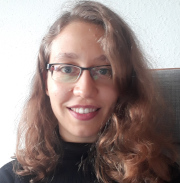
Verena Klös
TU Berlin, Germany
Verena Klös studied computer science and completed her master’s degree and phd thesis at Technische Universität Berlin, Germany. She is a postdoctoral associate at Technische Universität Berlin, Germany. In her phd thesis, she developed a framework for safe, intelligent and explainable self-adaptive systems. Currently, her research focuses on explainability of autonomous and cyber-physical systems.

Eric Knauss (General Chair*)
Chalmers|University of Gothenburg, Sweden
Eric Knauss is an Associate Professor at Chalmers | University of Gothenburg, Sweden. His research focuses on managing requirements and related knowledge in large-scale and distributed software projects. He holds a PhD from Leibniz Universit\“{a}t Hannover, Germany. In his field, he as published about 100 peer-reviewed papers and is member of program and organization committees of top conferences as well as reviewer for top journals..
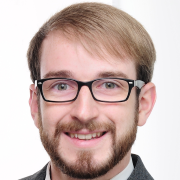
Timo Speith
Saarland University, Germany
Timo Speith studied philosophy and computer science at Saarland University. He is part of the interdisciplinary research project „Explainable Intelligent Systems“ as well as research associate and PhD student at the the chair for Theoretical Philosophy at Saarland University. In the research project, he was responsible for organizing the first workshop in the series „Issues in XAI“. In his PhD thesis, he examines the connection between machine ethics and machine explainability. He is also interested in explanation in general..

Andreas Vogelsang
University of Cologne, Germany
*General Chair: a general chair cannot submit a paper to the workshop and is responsible for allocating papers for reviewing and discussion in a way that satisfies conflicts of interest and ensures confidentiality.
Program Committee
- Rasmus Adler, Fraunhofer IESE, Germany
- Rainara Maia Carvalho, Universidade Federal do Ceará | UFC, Brazil
- Douglas Cirqueira, Dublin University, Ireland
- Luiz Marcio Cysneiros, University of York, Canada
- Joel Greenyer, Fachhoschule Hannover, Germany
- Eduard Groen, Fraunhofer IESE, Germany
- Holger Hermanns, Saarland University, Germany
- Anne Hess, Fraunhofer IESE, Germany
- Jennifer Horkoff, Chalmers|University of Gothenburg, Sweden
- Lena Kästner, Saarland University, Germany
- Jil Klünder, Leibniz University Hannover, Germany
- Matthias Koch, Fraunhofer IESE, Germany
- Marco Konersmann, University of Koblenz, Germany
- Felix Lindner, University of Ulm, Germany
- Eva Schmidt, TU Dortmund, Germany
- Maike Schwammberger, University of Oldenburg, Germany
- Sven Peldszus, Ruhr University Bochum, Germany
Questions?
For further information, please contact the workshop organizers at re4es at se.uni-hannover.de
